As a major trading port in the region, Banjarmasin has been influenced by culinary influences from near and far such as China, India, Malaysia, Thailand, Myanmar, the Netherlands...
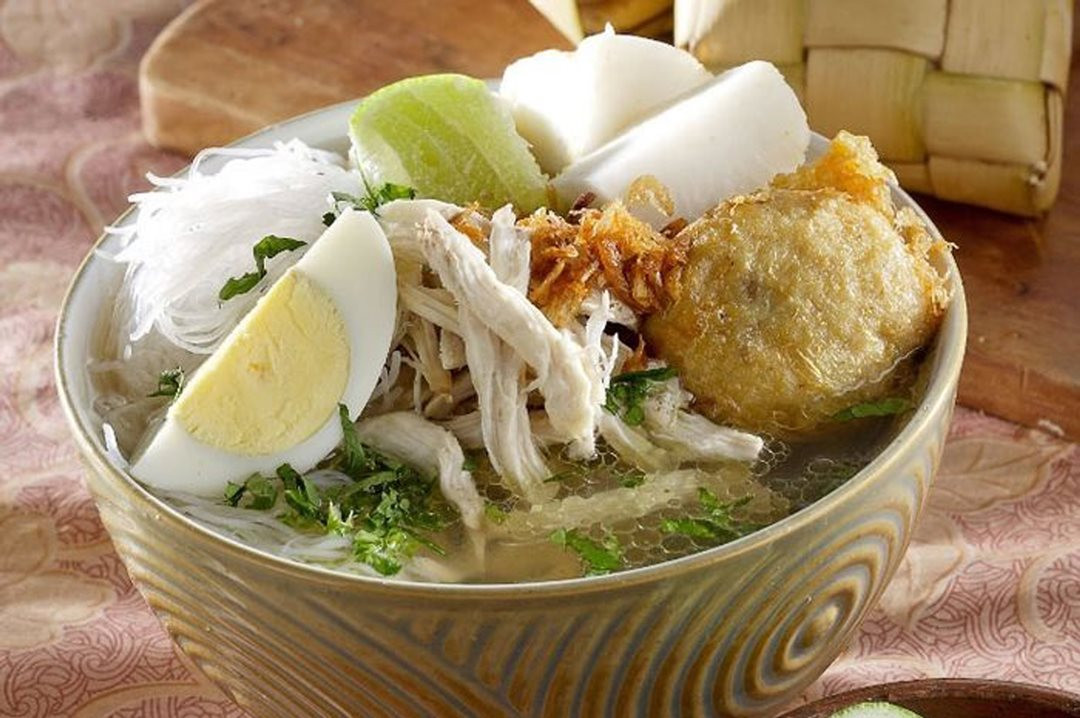
Soto banjar dish.
“Soto” means “soup” in Indonesian. Soto is eaten all over Indonesia, but only in Banjarmasin is soto banjar available. Soto banjar is made from chicken broth, cloves, star anise, nutmeg and ginger. Diners can enjoy soto banjar with rice or vermicelli noodles and perkedel (fried potato cakes). Don’t forget to sprinkle a little cinnamon powder on the bowl of soto banjar before eating to add more flavor.
Ketupat is a triangular rice cake wrapped in palm leaves. Ketupat was invented by the Javanese and then spread throughout Indonesia. The special ketupat of Banjarmasin is called ketupat kandangan and is only available during Ramadan. This ketupat is special in that it is filled with salmon or snakehead fish and cooked in coconut milk. The fishy taste of the fish is “dissolved” by the coconut milk, leaving only an attractive umami flavor. It is worth it for Muslims to fast all day and take a bite of ketupat kandangan.
In Banjarmasin cuisine, there are 41 types of cakes made for different occasions. The most popular are always kue bingka cakes. Each piece of kue bingka has a sharp sweetness because it contains sugar, eggs, potatoes, pumpkin and coconut milk. A little pandan leaves add color and aroma to the cake. Kue bingka cakes are usually shaped into flowers before baking. Thanks to the aroma coming from the oven, visitors can immediately know that it is a shop selling kue bingka cakes.
There is also kue bingka barandam in Banjarmasin, but it is not a kue bingka. Kue bingka barandam is essentially a vanilla custard cake, served with a palm sugar sauce.
Enjoy kue bingka barandam with a glass of sugarcane juice for the perfect snack on a scorching summer afternoon. Many street vendors also sell kue bingka barandam with klepon buntut, a type of gummy candy made from palm sugar and rolled in shredded coconut to prevent it from sticking to your hands.
Source













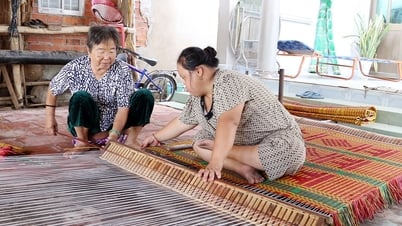











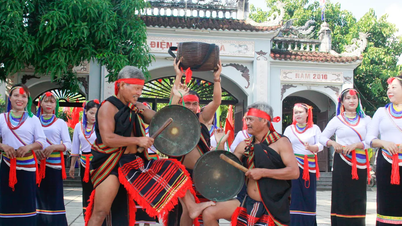















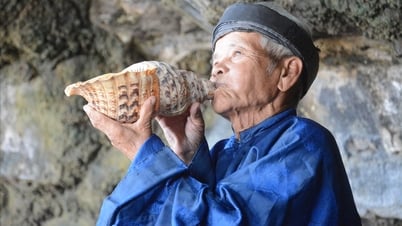



































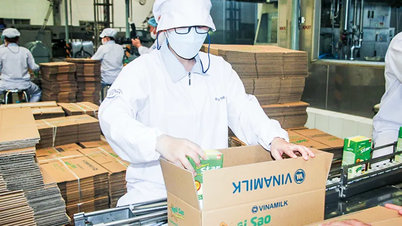




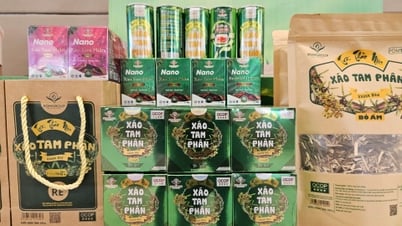
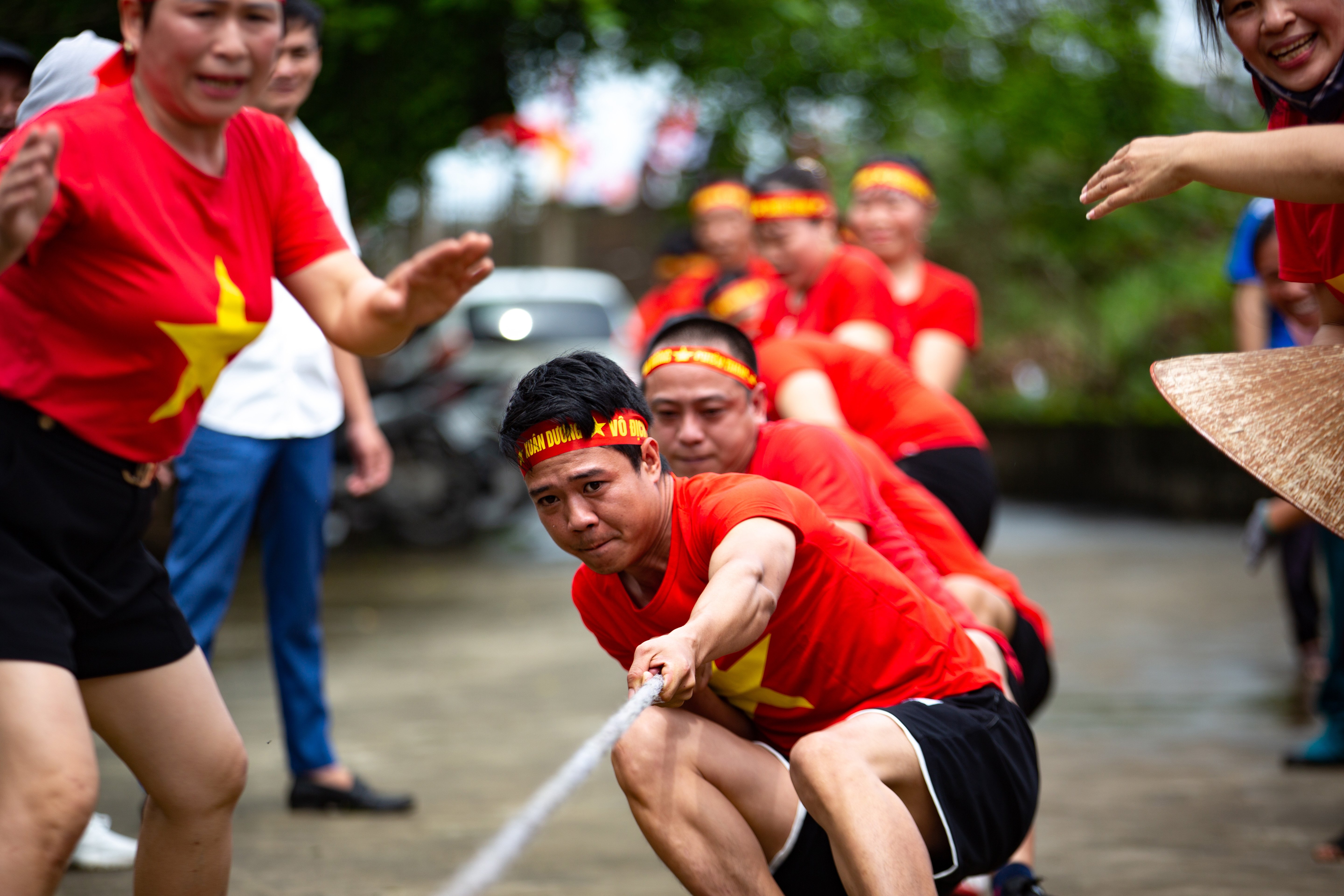



Comment (0)